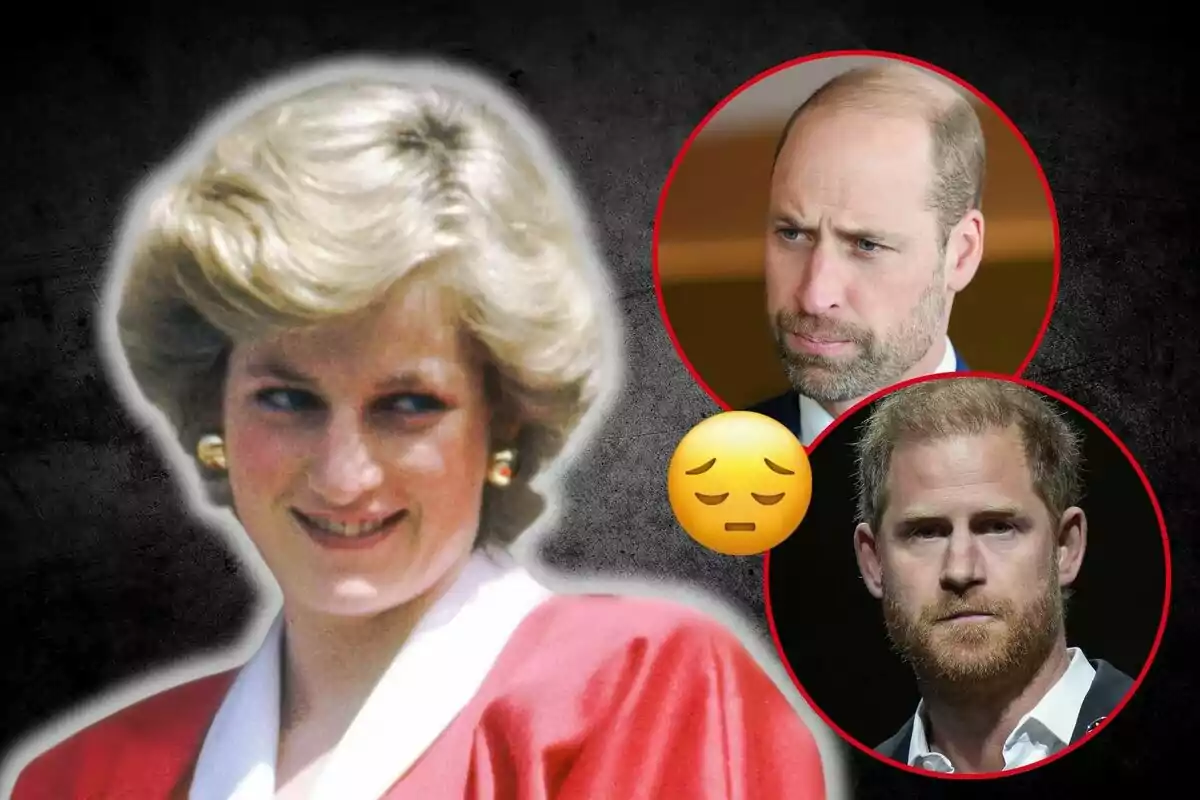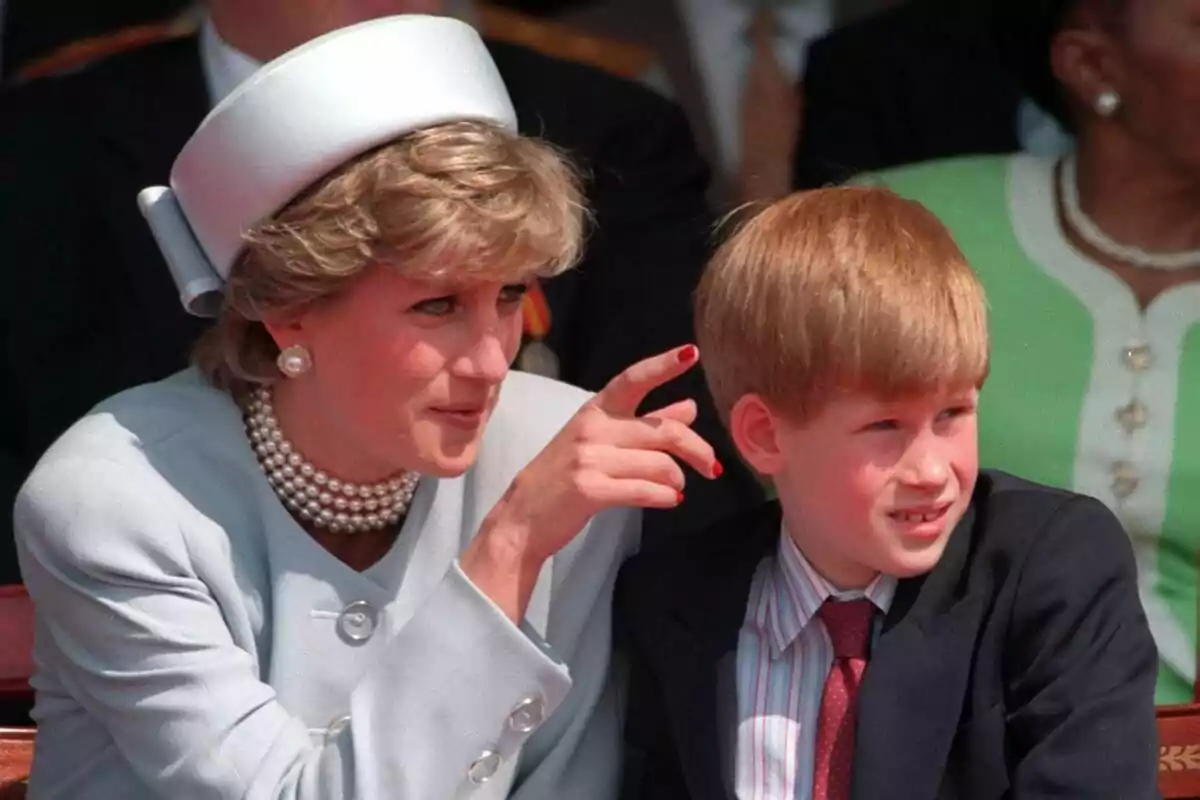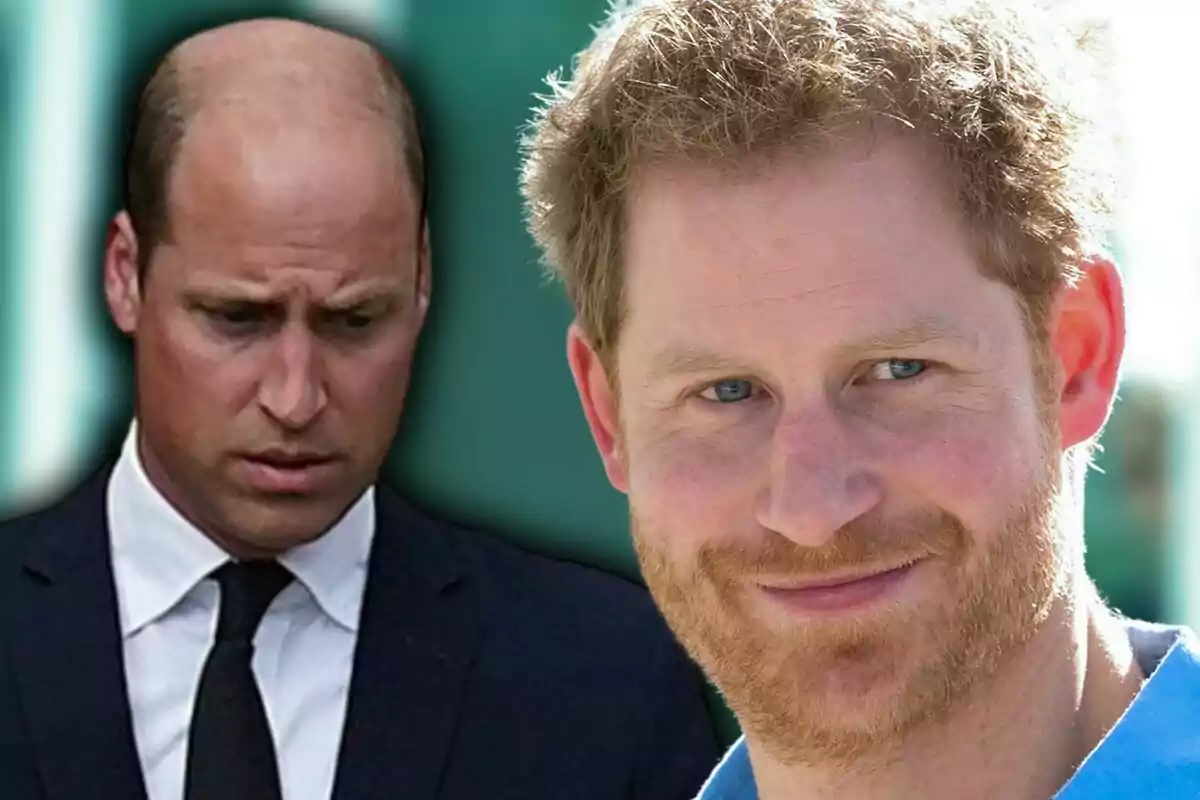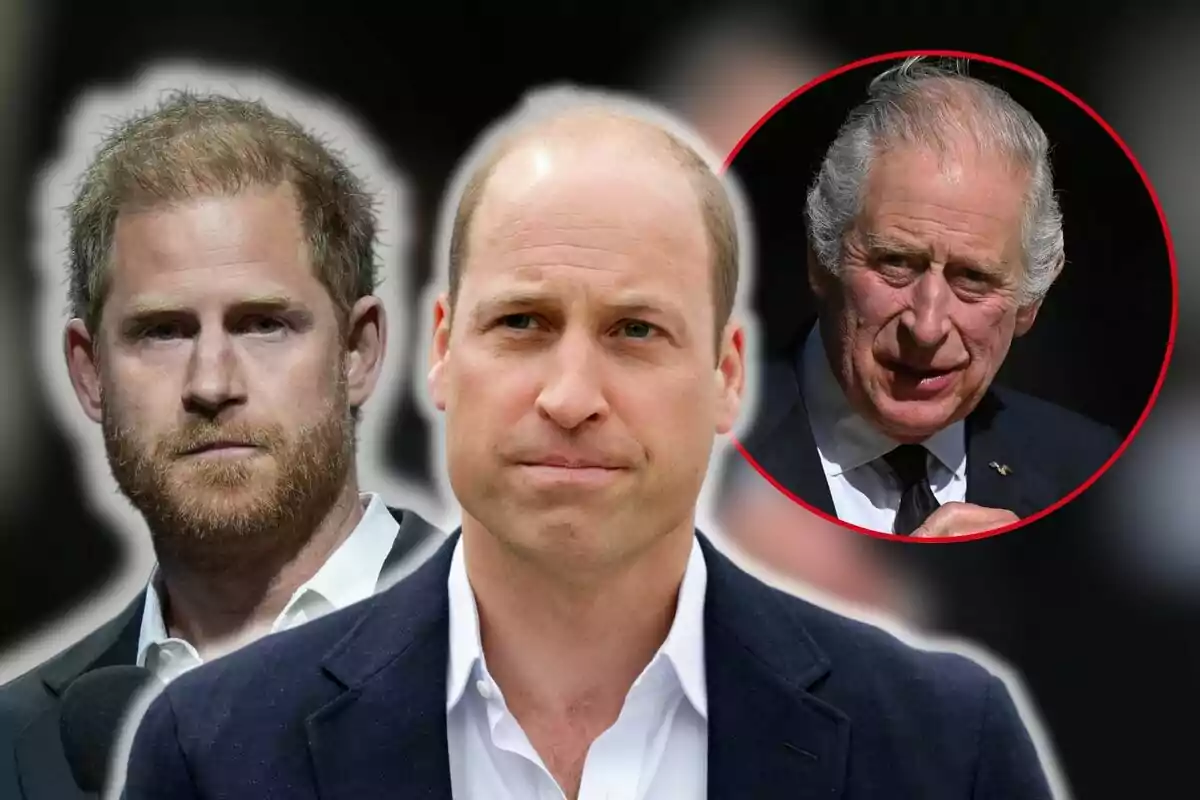
Lady Di Wouldn't Allow What Just Happened Between Her Son Harry and Charles III
The Difficult Relationship Between Charles III and His Sons, William and Harry, Takes an Unexpected Turn That Diana Wouldn't Have Liked
The British royal family has been closely observed, with special attention given to how family dynamics develop. The stories of the princes, with their ups and downs, have left a profound impact on public opinion. However, it is the unsolved tensions and hidden traumas that truly chart the course of their lives.
The story of Princes William and Harry has shown that parenting decisions can affect future generations in unpredictable ways. These family secrets, hidden from public opinion, come to light over time.

William and Harry's Childhood Marked by Tragedy
Harry and William, the sons of King Charles III and Princess Diana of Wales, did not have a conventional childhood. The constant presence of paparazzi and the tragic loss of their mother in a traffic accident left deep scars. However, Harry's emotional problems seem to have deeper roots than just the tragedy he experienced in his youth.
Prince Harry has spoken openly about the lack of emotional support he suffered during his childhood. According to royal expert Ingrid Seward, this lack of emotional attention can be directly attributed to his father, King Charles III. In his documentaries and books, Harry has expressed how his childhood was marked by the absence of a solid paternal figure, deepening his personal issues.

Charles III and His Treatment of His Sons
The upbringing of Harry and William, although seemingly similar in many aspects, was unequal. Charles III, in his attempt to get closer to his sons, opted for an indulgent approach, giving them everything material but neglecting the emotional. Seward considers that Charles III was "very soft" with Harry, contributing to his emotional difficulties.
The way Charles III treated his sons created a significant difference between them. William, as heir to the throne, had to follow strict rules, while Harry enjoyed more freedom. Nonetheless, this unequal treatment made Harry feel displaced, as he could never reach the same level as his brother.
The difference in upbringing between the two brothers was also reflected in the academic area. Harry had great difficulties in his studies and also suffered from dyslexia, while William excelled in his studies.

The Consequences of the Emotional Void
The lack of emotional support and the difference in discipline that Charles III created in his sons had lasting consequences. After Lady Di's death, Harry felt more vulnerable; his mother always treated him with special affection. According to experts, the pressure of royalty and his father's permissive treatment did not allow the princes to adequately manage their emotions, leaving them with lifelong scars.
Today, Charles III reflects on his role as a father and acknowledges that he lacked being firmer with his sons. "I think Charles probably regrets not having been a bit stricter, because he could have given both boys some more boundaries." The upbringing he offered, although well-intentioned, was not enough to prepare his sons for life in the monarchy.
More posts: